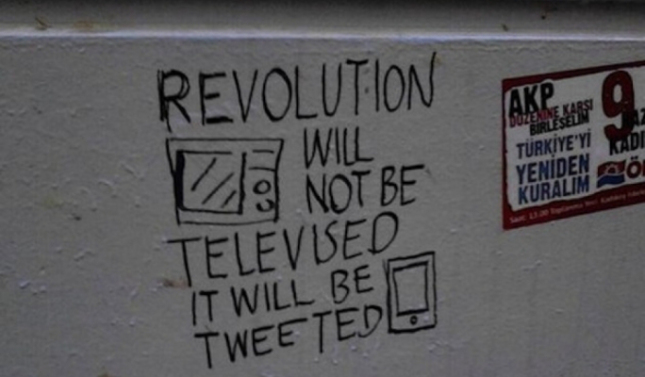
Tuesday is a big day for video gamers as the long-awaited hacker thriller Watch Dogs finally hits stores. If the record pre-sale orders are anything to go by, the latest blockbuster from Ubisoft Montreal will doubtlessly be one of the biggest global releases of the year. Oh, it also might be helped by the fact that it’s an excellent game - check out my full review over at TheGlobeandMail.com.
As I mention there, Watch Dogs captures the zeitgeist of our era perhaps better than any other video game in recent memory. At a time when angst over security and government spying on civilians is at an all-time high, a game about the perils of having everything interconnected hits perfectly. It’s an amazing sign of prescience by Ubisoft developers, who started working on Watch Dogs six years ago, well before anyone had heard of Edward Snowden.
The protagonist is Aiden Pearce, a street thug turned hacker who is betrayed by his underworld colleagues. As a master hacker, Pearce can do just about anything with his smartphone - he can empty out innocent bystanders’ bank accounts, control the trains and traffic lights of the city and eavesdrop on conversations happening in private residences. He can enrich himself or set his enemies up for big falls, all with just a couple of apps on his phone.
Over the course of the past year, I interviewed some of the core developers behind the game on several occasions. It was interesting to see how their thinking and confidence levels about Watch Dogs‘ subject matter evolved, especially as the Snowden revelations unfolded starting last summer.
“We were looking at where the world was going,” lead writer Kevin Shortt told me a year ago, recalling the first creative meetings on the game back in 2008. “We were all in a room having a meeting and we all put our phones down on the table. We were all very aware of how connected we are. That was what interested us: how far are we going with all this connectivity?”
There was angst at the time about the promise and peril of uber-connectivity, but it still existed as something of an abstract concept.
“I don’t think we want to come away saying it’s a bad thing, we want to come away saying what does that mean for us?” Shortt said of the game.
Senior producer Dominic Guay also said at the time that the team’s confidence in what they were doing grew steadily as many of the topics they were covering became more and more commonplace in the real world.
“We saw it through development as confirmed, where every day I’m getting new emails from researchers about how technology being comprised or hacked somewhere else,” he said.
The first Snowden revelations broke just a few weeks after those conversations. I talked to Guay a few months later and his demeanour had changed. At the 2012 Electronic Entertainment Expo in Los Angeles, he found that he had to explain how interconnected everything was and why that might be a problem. A year later at the same event, the team was almost jubilant that they had been on the right path.
“[Snowden] made it a lot easier. We don’t have to explain what we’re talking about anymore,” he told me in March. “Most people have an opinion about it, which is awesome. That’s even better. It made our game more relevant.”
Call it luck or call it smarts - either way, Watch Dogs may turn out to be the most talked about game of the year since it turns the spotlight on a very real-world issue, which is unusual for a genre that often deals in space aliens and dragons.
The funny thing is, even though Guay and his colleagues have been knee-deep in creating a world where the downside of current technology is readily exploited by bad guys, he’s still optimistic about it in the end.
“The promise is outweighing the peril, otherwise we wouldn’t all be using those devices. We wouldn’t all be so ready to jump on our PC to simplify our lives,” he said. “But we need to talk about the flaws too. I’d be a lot more worried if no one was talking about the flaws. It’s the best way we have to keep our shield up and find our balance.”





